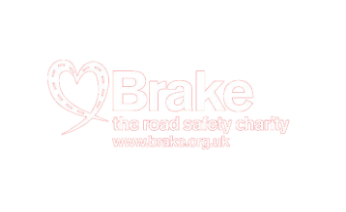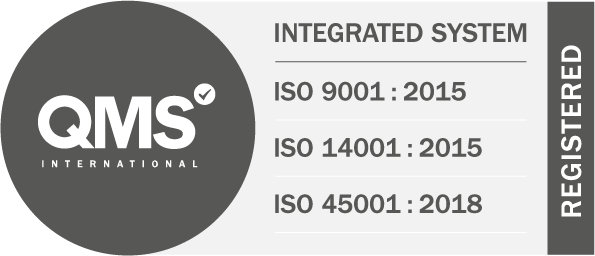Driving at night
Tips for using the roads when it gets dark
According to RoSPA, road incident statistics shows that 40% of collisions occur at night. It is vital that all road users are aware of the potential hazards and effects that can lead to endangering themselves and others.
To help avoid incidents, we have listed below some tips and highlights to be mindful of before beginning a journey at night.
Take care of your eyes
It is important to regularly check your eyesight, especially night-time drivers. With age, eyes can deteriorate; however, it is still essential to check them at any age to ensure clear vision. Remember, you must report any medical condition that affects your driving to the DVLA – including any restrictions with your vision.
Be vigilant
Darker nights can limit visibility, therefore stopping safely needs to be approached with extra caution. Driving on unlit country roads, use full beams to obtain wider vision, clearly seeing road markings and what is approaching. Remember: should a driver be approaching on the opposite side of the road, switch back to normal headlights to avoid blinding on-coming drivers.
Keep windows clean
During winter months, windscreens tend to mist with condensation as the heat inside the vehicle greets with the colder air outside. It is particularly important to keep all windows clear as on-coming headlights can appear more glazed to the driver.
Before every journey
It is illegal to drive at night without fully functioning front and rear lights. We recommend before setting off on your journey to check these are all working. Avoidance of replacing lights can result in being stopped by the police and could lead to a fine.
Watch for vulnerable road users
Pedestrians can be harder to notice at night, especially if they are not wearing fluorescent clothing. When approaching residential areas, adjust your speed and be prepared to come to a stop quicker than usual.
Reduce lighting levels inside the vehicle
In modern vehicles, dashboards can appear brightly lit which can cause distraction whilst driving. Reduce the lighting levels in the vehicle cabin to allow for better focus.
Tiredness
Fatigue is one of the biggest causes of incidents, so it is crucial to keep hydrated and alert whilst driving at night. Should you feel fatigued, pull over in a safe spot and take a break. If you are driving for a long period of time through the night, it is a good idea to plan rest stops before setting off on your journey.
For more information on how we can help, visit the Telematics section on our website and see how the technology is used.
Share to:
Find out more
Find out how Reflex Vehicle Hire can help your company.
Call 0330 460 9913 or visit our contact us page.








@2x.png)

